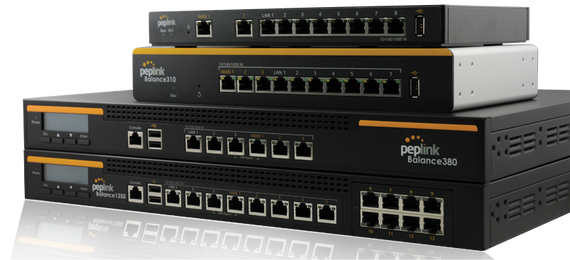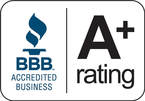Firewall Management
|
Most business fall under one of many federal regulations to ensure customer or patient data is safe:
There are many firewalls that are deployed and never receive updates or have the threat reports they generate looked at until something happens. Every business should have a firewall in place, and every business should have device monitored and managed. If used correctly it will serve as a Unified Threat Management System stopping a great many threats at the “door” to your network. |
Your Data is Your Business, Protect It!
All too often, businesses spend too long contemplating one question: Does my business need a firewall? The answer is always undoubtedly yes. Not only do you need one, but it should be consistently up to date to protect you from the latest digital threats. If this is still a question you’re contemplating for your business, here are three reasons why small to medium sized business need a firewall:
1. Your office is no longer just inside your building.
Between satellite offices and working from home, files are no longer accessed only within your four walls. With all of these open doors, it’s more important than ever to ensure that you have measures in place to stop threats from spreading across your network. Newer firewalls have the capabilities of securing remote access and giving mobile workers the ability to to access on-site resources.
2. Some threats may come from inside your business.
While we tend to worry about threats from outside our businesses, many companies may have an alternative threat: employees and their internet browsing. Questionable sites can not only drain employee productivity and bandwidth, but they can expose your business’ network to viruses. When properly configured, a firewall can help on both fronts.
3. You value your clients’ privacy.
Many small businesses now store important client identity information digitally. Now, more than ever, it’s important to protect client data to maintain trust and your business’ reputation. When you think of data breaches, you may immediately think of the 2014 data breaches of Target and Neiman Marcus but hackers often target seemingly vulnerable small businesses.
There are many different categories of firewalls that can be used to protect your business, and it’s always best to take action before disaster strikes. If you’re having difficulties managing or choosing a firewall for your small to medium-sized business contact us to learn how we can help you get started.
1. Your office is no longer just inside your building.
Between satellite offices and working from home, files are no longer accessed only within your four walls. With all of these open doors, it’s more important than ever to ensure that you have measures in place to stop threats from spreading across your network. Newer firewalls have the capabilities of securing remote access and giving mobile workers the ability to to access on-site resources.
2. Some threats may come from inside your business.
While we tend to worry about threats from outside our businesses, many companies may have an alternative threat: employees and their internet browsing. Questionable sites can not only drain employee productivity and bandwidth, but they can expose your business’ network to viruses. When properly configured, a firewall can help on both fronts.
3. You value your clients’ privacy.
Many small businesses now store important client identity information digitally. Now, more than ever, it’s important to protect client data to maintain trust and your business’ reputation. When you think of data breaches, you may immediately think of the 2014 data breaches of Target and Neiman Marcus but hackers often target seemingly vulnerable small businesses.
There are many different categories of firewalls that can be used to protect your business, and it’s always best to take action before disaster strikes. If you’re having difficulties managing or choosing a firewall for your small to medium-sized business contact us to learn how we can help you get started.





